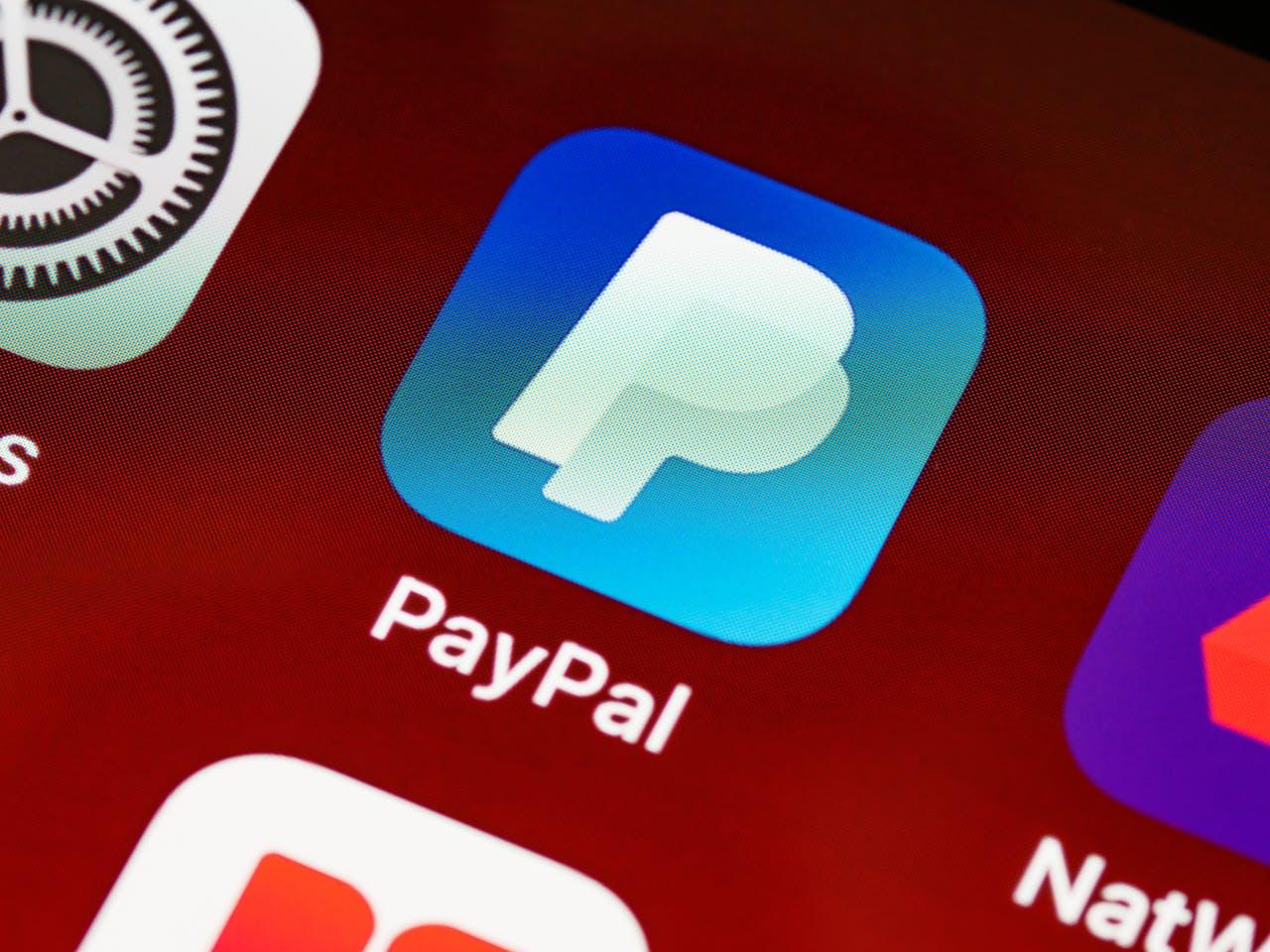Paypal is among the few top companies that offer mobile money transfers globally. It is one of the biggest online payment platforms, enabling numerous individuals and businesses to thrive. But how did this company grow to become so ubiquitous in the fintech world?
This article tells the story of PayPal and how it has revolutionised the digital space, including changing activities like online blackjack.
In 1998, at the height of the Dot Com boom, three savvy entrepreneurs envisioned how transactions could occur across the globe. The three, Luke Nosek, Peter Thiel, and Max Levchin, had initially created a security software for handheld devices known as Confinity.
However, they soon saw that a digital wallet could answer a more pressing need. This was when they ganged up with Elon Musk to create PayPal in late 2000. Their revolutionary idea was simple: allow people to bypass traditional banking fees and complexities by using their email addresses to transfer money.
The innovation was driven by people who longed for a more efficient, convenient, and secure payment platform. E-commerce was booming, but marketplaces lacked a clear and straightforward method of fulfilling digital payments. A massive barrier to trade was all PayPal needed to become a fintech behemoth.
PayPal Through the Years
Since its launch, PayPal has faced tremendous challenges. In its early years, it was met with plenty of scepticism as people still didn’t believe it was possible to send money online. One of the major concerns was security.
Most people feared that hackers and fraudsters could use the company to steal their hard-earned money. Another challenge for PayPal was the lack of a robust regulatory landscape. This meant that the company faced numerous legal hurdles as it sought to justify its business model.
Despite facing challenges, PayPal’s founders remained fixated on their goal. They focused on their idea to revolutionise payment mechanisms. Since the company lacked traction, they formulated a bold strategy: paying new users who could create personal accounts and make referrals.
While it was a costly strategy, it soon attracted droves of users to the platform. The company started turning sceptics into believers as everyone saw how seamless and convenient their website was.
Perhaps the pivotal moment for the company was when it decided to prioritize the eBay platform. By then, eBay was rapidly booming, and its users were looking for the most reliable payment methods. Enter PayPal’s easy-to-use system.
As eBay’s merchants and buyers embraced PayPal, the Fintech startup grew from a small company to one of the biggest names in the online sector. Meanwhile, the team worked tirelessly behind the scenes to improve security mechanisms and enhance functionality.
How PayPal Has Diversified to Serve Modern Industries
A relentless focus on innovation helped PayPal retain its competitive edge and relevance in today’s rapidly evolving digital payments landscape. This is mainly through strategic investments in services and technologies.
One case example is the company’s adoption of mobile payments. Nowadays, a mobile-first consumer approach fits into the ubiquity of smartphones and how they have permeated almost every corner of the world.
PayPal has also made several strategic acquisitions that have enabled it to remain a dominant force in the market. For instance, to capture millennial and Gen-Z markets, the company acquired Venmo, a social payments service anchored on peer-to-peer (P2P) transactions.
The company extends its utility and reach through well-thought-out partnerships. It collaborated with major credit card providers, such as Mastercard and Visa. This has led to more flexible transactions and enhanced user experiences.
Future Outlook and Lessons for Other Financial Startups

Photo by Brett Jordan
Paypal is ready to embrace any future advancements. It has expressed a strong interest in alternative currencies, particularly cryptocurrencies. By allowing users to buy, hold, and sell cryptocurrencies on the platform, it aims to act as a bridge between decentralised and traditional finance.
This move also underscores the company’s commitment to evolving user needs and its undying innovative spirit. Wherever transactions are happening, PayPal aims to stay at the forefront of payment alternatives.
Another crucial way that PayPal is diversifying for the future is by delving into traditional banking services, such as offering lines of credit and loans. Products like PayPal Credit and PayPal Working Capital are already boosting the company’s value proposition.
Any company looking to compete with PayPal has to have a keen eye on the market and be quick to innovate. It also needs a customer-focused marketing approach that adapts to the changing times and strong partnerships.
All in all, PayPal has an inspirational story that a company in any market should study and learn from. It shows how a stellar product can help a company become highly successful very quickly.
The company’s growth has also supported numerous digital endeavours, such as playing online blackjack. Nowadays it is very easy to withdraw your winnings from online casinos via PayPal.